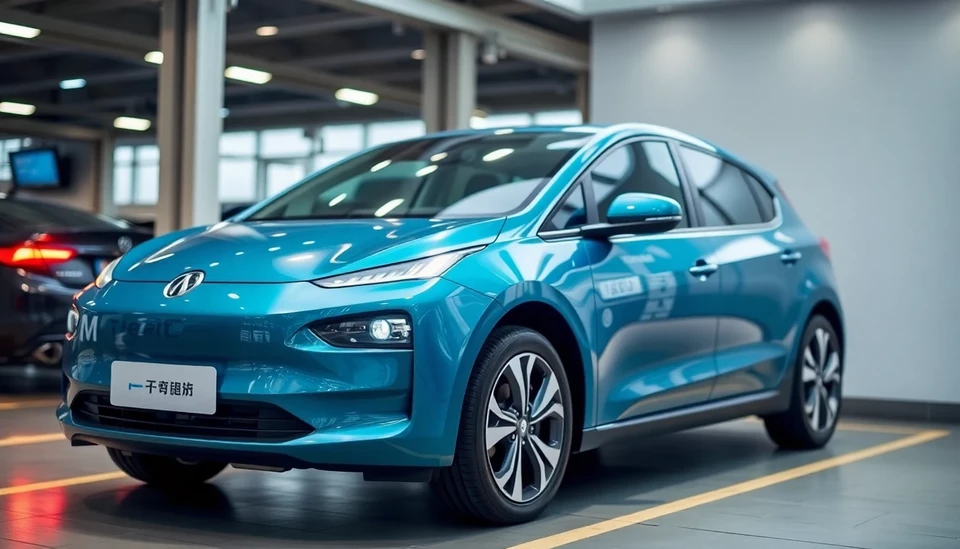
In a surprising turn of events, Chinese electric vehicle (EV) exports to the European Union have witnessed a dramatic increase as manufacturers race to ship their vehicles before newly implemented tariffs come into effect. This surge reflects not only the growing global demand for EVs but also the strategic moves by Chinese automakers to secure market presence within the EU.
Data shows that exports surged by more than 200% in September, a strong signal that Chinese firms are eager to dominate the EV market in Europe. Analysts attribute this spike primarily to the impending tariffs, which are set to be applied to vehicle imports from China. As the EU gears up to enforce these levies, many manufacturers are scrambling to maximize their exports while potential barriers still remain low.
Industry insiders suggest that Chinese automotive giants such as BYD, NIO, and Geely are leading this charge, bolstered by competitive pricing and advanced technology that appeals to European consumers. These manufacturers are not only capitalizing on lower tariff rates ahead of the impending changes but are also working to establish long-term relationships within the EU amidst the growing concerns over sustainability and emissions.
The EU's planned tariffs are part of a broader strategy aimed at protecting local manufacturers from aggressive pricing strategies employed by Chinese companies. This move reflects a more significant geopolitics battle over the burgeoning electric vehicle market, where both sides are keen to establish dominance.
Despite the impending tariffs, the momentum seen in Chinese exports indicates heightened competition in the EV landscape, as European manufacturers also work to enhance their offerings. In anticipation of this new era of tariff regulations, experts believe that both Chinese and European manufacturers will need to innovate rapidly to stay relevant.
Furthermore, the impact of these tariffs on pricing structures and market dynamics remains uncertain. While the levies are intended to curb dependence on Chinese imports, analysts warn that they could also lead to increased prices for consumers, potentially hindering the overall adoption of EVs.
In conclusion, the current influx of Chinese EVs into the EU serves as a clear indicator of shifting market dynamics. As tariffs loom on the horizon, the industry is poised for significant transformations that could redefine automotive trade relationships and consumer choices in the coming years.
In response to these developments, analysts will continue to monitor the situation closely, assessing both the short-term and long-term implications of the newly imposed tariffs and the strategic decisions made by Chinese manufacturers to adapt to changing global trade policies.
#China #ElectricVehicles #EUEconomy #EVExportSurge #AutomotiveTrade #Sustainability #BYD #NIO #Geely
Author: Victoria Adams




